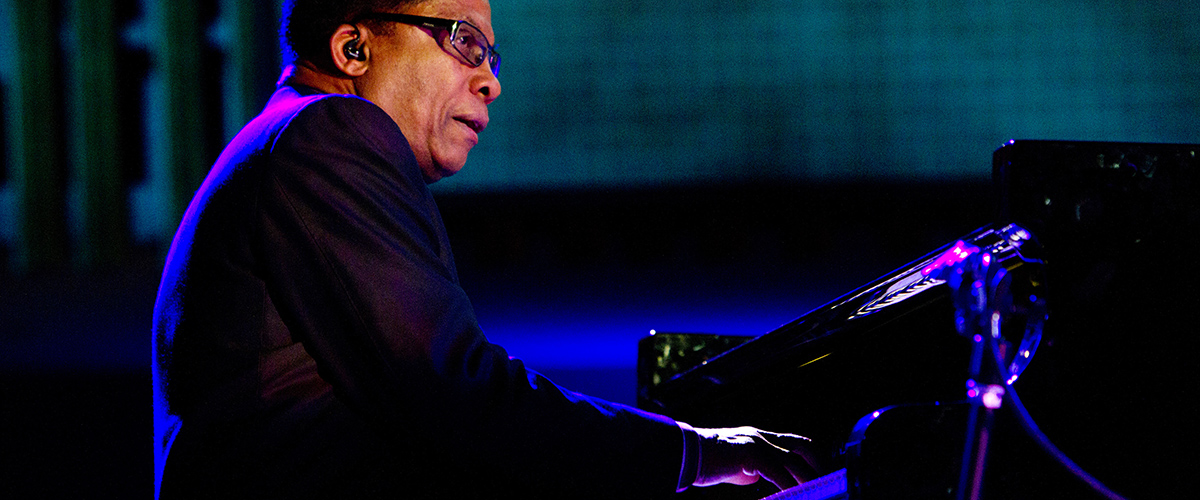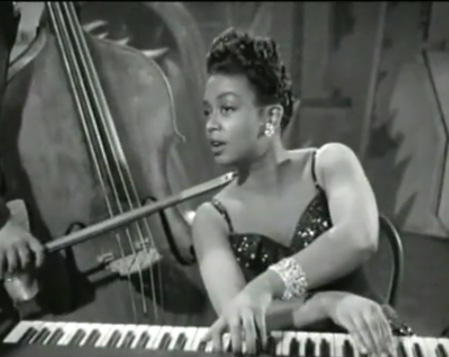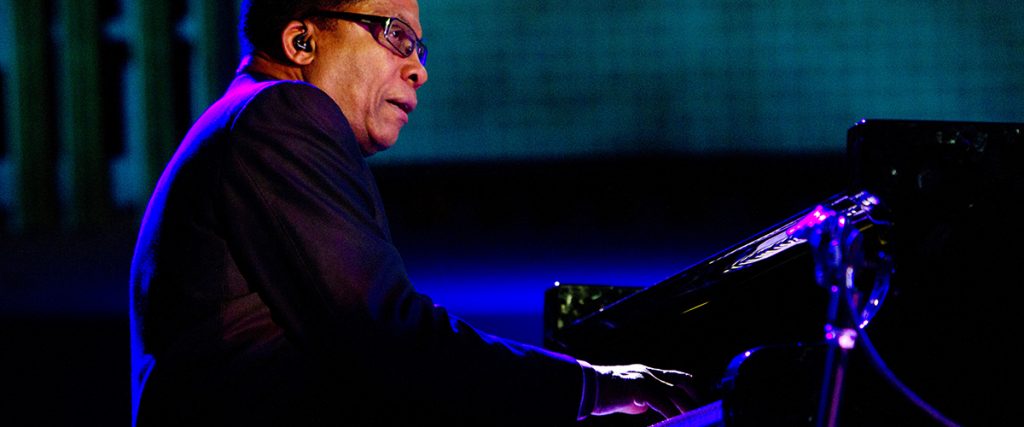About International Jazz Day

In November 2011 the UNESCO General Conference proclaimed 30 April as “International Jazz Day”. This International Day brings together communities, schools, artists, historians, academics, and jazz enthusiasts all over the world to celebrate and learn about the art of jazz, its roots, its future and its impact. This important international art form is celebrated for promoting peace, dialogue among cultures, diversity, and respect for human rights and human dignity, eradicating discrimination, promoting freedom of expression, fostering gender equality, and reinforcing the role of youth for social change.
History and Outreach
Jazz is a unique musical style that originated in the southern part of the United States of America, but has its roots in Africa and merges both African and European music traditions. Years before the integration of social structures such as the work place, education systems, and professional sports teams, the jazz bandstand was an example of tolerance, cooperation, improvisation, and mutual understanding.

In addition, jazz provided one of the first forums for freedom of expression and gender empowerment, and is an example of the transformative power of this fundamental human right. During the twentieth century, jazz proved to be a universal language spreading over the continents, influencing and being influenced by other kinds of music, evolving as a merging cultural element for supporters all around the world, with no distinction of race, religion, or national origin.
Jazz music also provided the motivation and opportunity for many women to reach beyond the traditional gender roles designated to them by society, and jazz music was a propelling force in the Women’s Liberation Movement in the United States. Jazz music also helped to provide jobs for women within the music industry, particularly as singers. Prior to the 1920s, almost all popular music was performed exclusively by male musicians.

